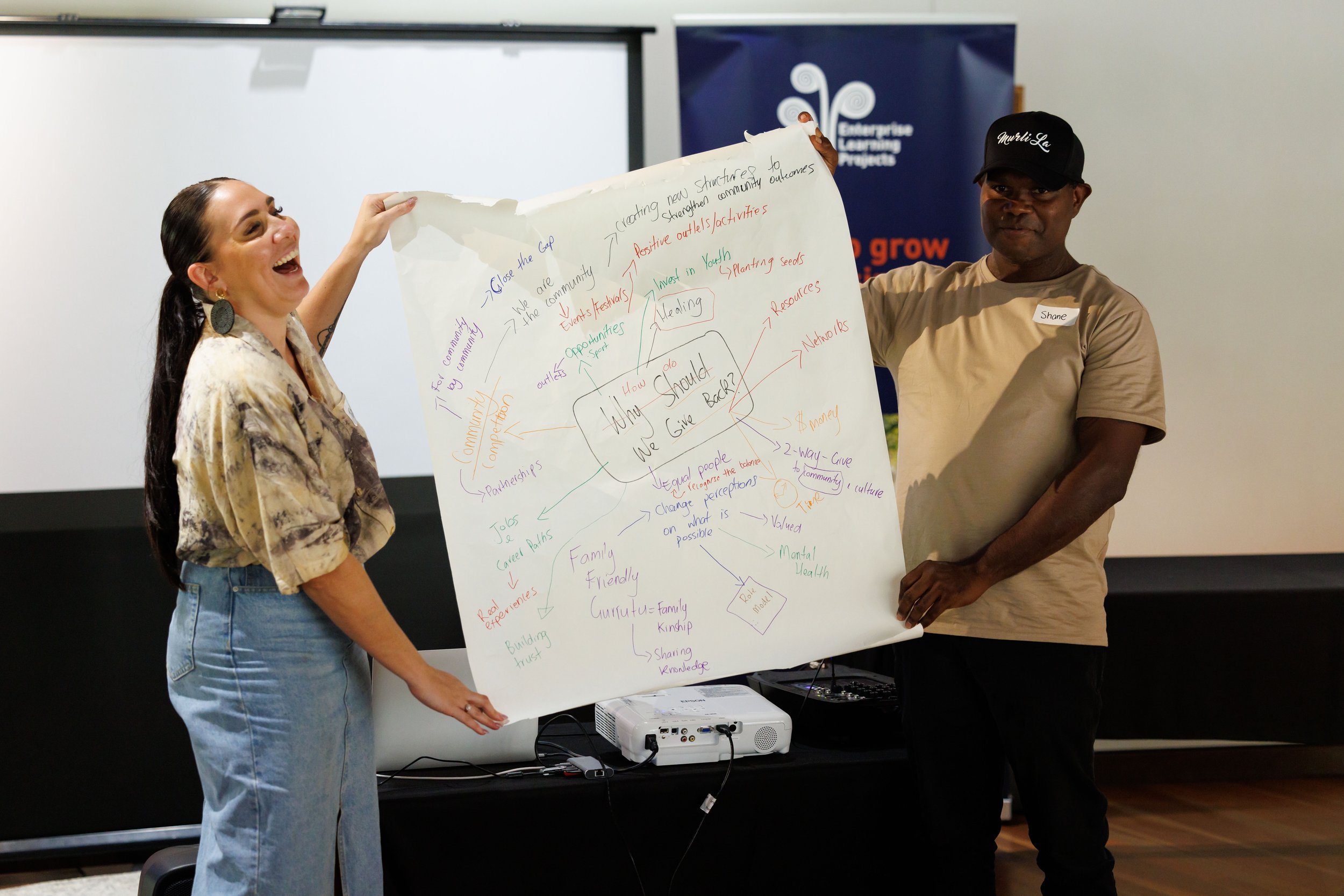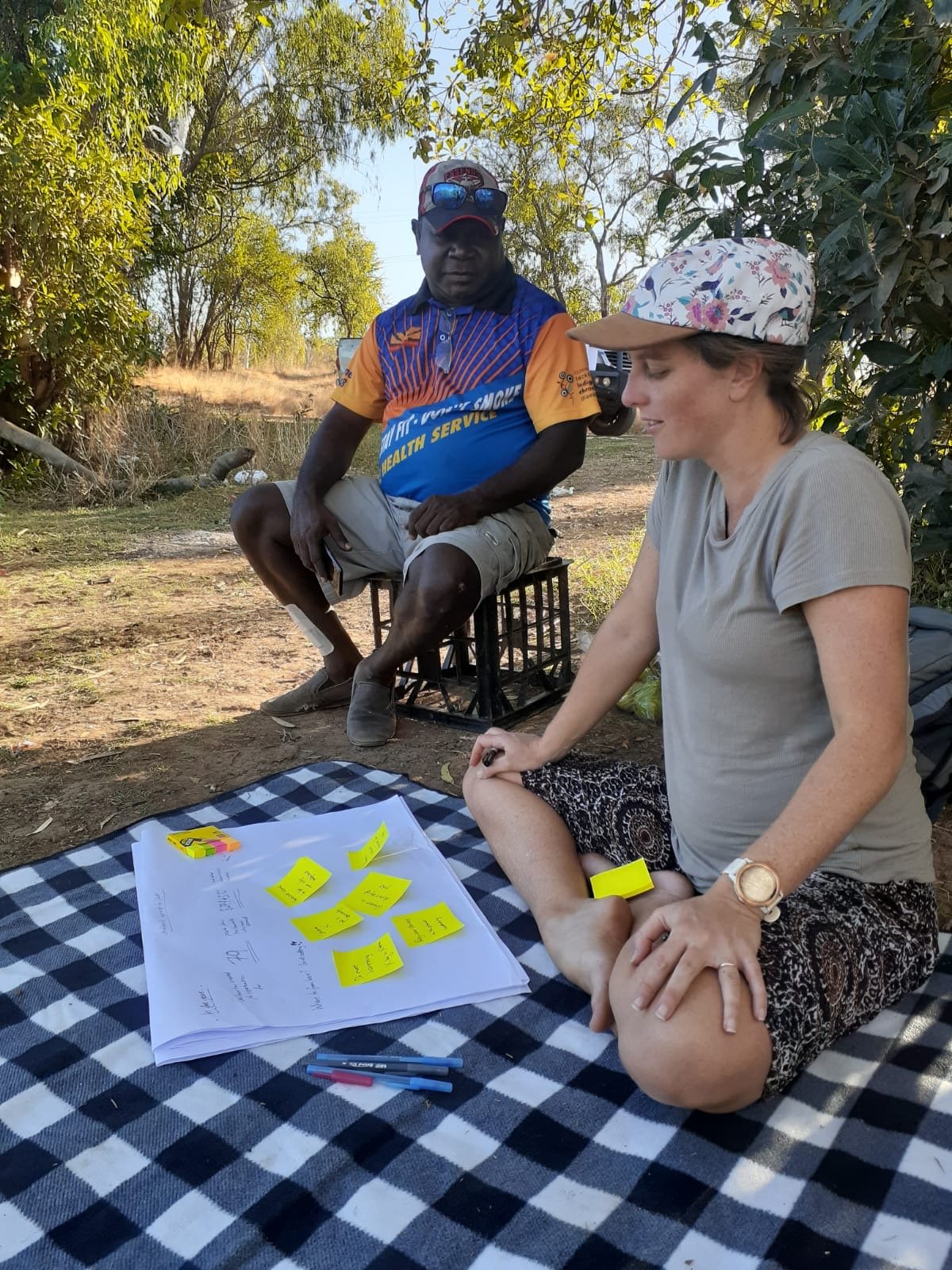Business is not the be all and end all
In the business world, it’s all too easy to get caught up in the numbers and in the social impact world, it’s no different – how many jobs are being created from this business? Is the revenue flowing?
These metrics are important, of course – they’re directly related to the KPIs that funding bodies are looking for – so they shouldn’t be ignored, but for ELP, they’re far from the most important factors they look at as they support the entrepreneurs in their programs.
“We’re constantly navigating that space where we want to get people into as many jobs as possible, but also empower leaders of communities to figure out what that looks like for themselves, rather than dictating how they should do it,” says ELP CEO, Alexie Seller.
“We’ll look at those metrics down the line,” she says. “But it’s more important that skills, confidence and experience are the elements wrapping around the entrepreneur.”
“I know it sounds a bit contradictory, especially in our line of work. Of course we care about people’s businesses and we support them in their business, but we care more about the person and them achieving what they want to achieve.”
This approach means that someone might come to ELP with a business idea that they’ll work on with the team for a period of time before graduating from one of our programs and deciding to close the business and move into a different working environment – perhaps on a council or another leadership position. Alexie says that this is not considered a failure. Far from it.
“If we focus so much on the business success, we miss the person and the reality is that the best role for them to play might not be with the business anymore,” Alexie continues. “Business is a tool to make change in the community and if people are developing the skill set and growing their capability to make that change, we celebrate it, no matter what shape or form it takes.”
Importantly, this approach allows for shifts and responsiveness, because business rarely works in a linear fashion, always at the mercy of the market, consumer behaviour, where the community’s at, whether they’re involved, and dozens of other factors. A business plan can only go so far.
“If it were as simple as writing a plan and doing it, everyone would be in business,” Alexie says.
As they continue to support entrepreneurs, ELP is committed to growing individuals in skills, experience and confidence, ultimately growing their capacity to make change.
L: Tikesa Hale and Shane Tipuamantamerri at our Leadership Campon Larrakia Country, 2023
R: Alexie Seller, CEO Enterprise Learning Projects


